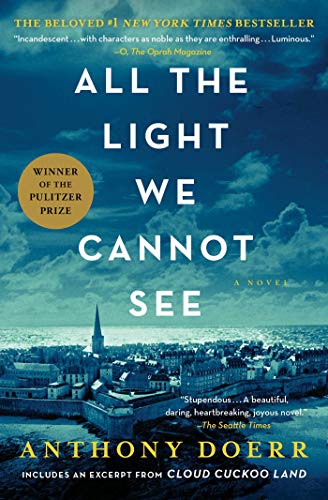Personal Hauntings: A Book Review of The Djinn Waits a Hundred Years by Shubnum Khan
“Perhaps this is what it is, instead of ignoring the call like others, I am too busy cocking my head to listen, instead of looking forward, I am too interested in looking back.”
A weeping djinn roams a haunted house on the coast of South Africa. The mansion of a sugar plantation owner is far removed from its former glory, yet people chose to remain. Nearly one hundred years old, the magnificent house on a hill in Durban is the perfect place to stay tucked away, hiding from one’s past. Sana Malek’s father, being one of those desperate to forget, moves his daughter and himself into one of the transformed rooms for rent to begin anew.
Left alone, while her father is working, Sana spends her days rummaging through the left behind stuff accumulated from previous renters. She discovers there is plenty to pick through in a house where discarded baggage, literal and metaphorical, is never dealt with. While she roots around trying to make sense of the messy lives of adults, the djinn watches the girl from the shadows. It has never been too keen on any of the inhabitants of the home before.
Except for one woman.
Flashing forward and back in time, the djinn and Sana struggle with the pain from love trapped in the house on the hill. Inflicting deep wounds upon themselves each time they face the past, they come to a desperate conclusion to reveal the brutal truth together.
When I picked up The Djinn Waits a Hundred Years, I was excited to cozy up with this spooky gothic novel. Shubnum Khan’s beautifully adorned new release had shown up in my Good Reads suggestion for moody and dark tales. The title interested me, the cover is exquisite, and something about the content seemed paradoxical. Only thirty pages in, the first jump scare happened when the protagonist’s twin sister—
Not a chance that I would give that away!
Anytime I sat down to read, Khan’s rich and complex story swirled up around me like leaves picked up in a blustery fall wind. I lost sight more than once of what the true fright was. But Sana’s narration kept me grounded as if she was holding my hand through a storm.
The Djinn Waits a Hundred Years has some of the most stunning scenes I’ve read in a long time. To me, the text was full of clues that Khan cares deeply for her characters. Not a single one of them received a “guilty” sentence for their many sins. In her novel, similar to Covenant for Water and Prodigal Summer, it was freeing and good to be human in the throes of making a mistake. I loved what Khan said in an interview for Macmillan South Africa, “People can be haunted as much as places, if not more.”
Now that I have learned a little bit more about the South African author (Shubnum Khan) from her essays and short fiction, I have a new appreciation for The Djinn Waits a Hundred Years. One essay in particular, “What Does It Mean to Stay in a Place Everyone Leaves,” Khan writes a lonely and moving exposition on her life remaining in a dying city. It’s not uncommon for authors to make casual appearances in their protagonists, but I would argue that Khan identifies more with the djinn left behind waiting on a lost love than Sana. The waiting and observing Khan has had to practice in her own life makes her a gifted prose author.
This book comforted me because it left me less afraid of tragedy and pain than when I started reading it. Which for anyone who has read a gothic novel before, comfort is contrary to the nature of genre in entirely unsettling readers. While I was grateful for the demise of the big house at the end of the book, I didn’t shudder and look away thinking, “I never should have entered.”
My recommendation is this, take a copy of The Djinn Waits a Hundred Years to the beach. Get swept up in the sounds of the waves, feel the grit of the sand, and let this story carry you out to sea. You won’t regret how much time you spend drifting in Durban.
For books like this, check a few of these titles out! I’ve added a mix of rich prose and gothic novels that I enjoyed:





